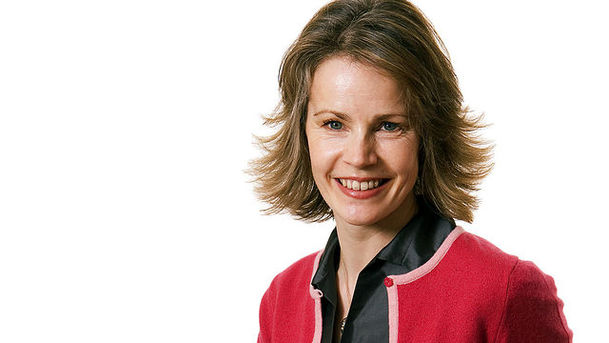Hot House Kids - Episode 2

Former prima ballerina Deborah Bull investigates the advantages and the pitfalls of being an elite performer in the arts and sport and what young people need to succeed, as well as the psychological advantages and problems of attaining perfection. To achieve the levels of excellence necessary to compete on the global job market today a performer needs to start young, taking advantage of the brain's early plasticity and the increased potential for muscle flexibility in pre-adolescents. But in some cases the cost can be the stable emotional development of the child. In certain countries of Eastern Europe and Asia children can enter full-time training as young as three - gymnastics and ballet training are key examples - and undergo challenging physical and mental regimes in order to ensure that they are ready to compete and achieve the highest standards as soon as they reach double figures. For the growing child as it moves into adolescence, interaction with a parent is vital to its emotional development. Yet, as the programme discovers, the intense training regime needed to hothouse gifted children to the supreme levels of performance frequently involves taking the child away for hours of training. On a journey that takes Deborah to the Ukraine, she visits the National Ballet School in Kiev, the elite football training centre at Dynamo Kiev and the National Gymnastics centre in Kiev, where she discovers why elite athletes are achieving such high levels of achievement in Eastern Europe. Back in Britain she visits the Chelsea Academy, the Yehudi Menuhin School and the Central School of Ballet to find out if our softly, softly approach will work in such a competitive market. The programme also includes contributions from members of the National Ballet School of Korea, reflecting the growing number of top-class performers today emerging from Asian nations.